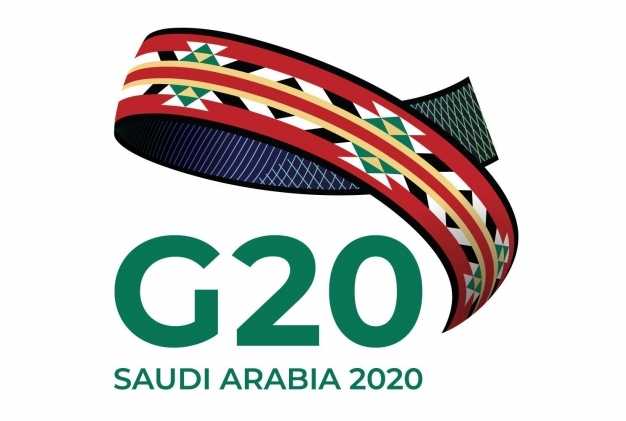
G20 at a Glance: The role of the civil society in the G20 Process
The G20 has a strong tradition of working with a broad range of organizations to bring different perspectives on socioeconomic challenges to the G20 table. The Engagement Groups are independent collectives that are led by civil society organizations and the business sector from the host country. They work with other organizations from G20 countries to develop policy recommendations that are formally submitted, through the G20 Presidency, to G20 leaders for consideration.
Throughout the year, the Engagement Groups worked together, securing their perspective on G20 areas of focus. The Engagement Groups' contribution has always been central to achieving the best policy making process, contributing their unique expertise and experience to ensure polices shape a better world for all.
The Engagement groups met regularly during 2020 to discuss and draft recommendations that reflect the perspectives of civil society, business, and academia on issues relevant to the G20 Presidency Agenda. Despite the unprecedented times caused by the COVID-19 pandemic, the eight Engagement Groups maintained their remarkable efforts and commitment to deliver their outcomes.
The Business 20 (B20), the G20 Engagement Group representing the international business community, presented recommendations focused on transformation for inclusive growth.
The Youth 20 (Y20), representing global leaders of young people from more than 23 countries, called upon the G20 countries to take actions in three overarching priority areas: future preparedness, youth empowerment, and global citizenship.
The Labour 20 (L20), representing labour unions from G20 countries, submitted recommendations around recovery with resilience, social protection and labor market policies.
The Think 20 (T20), representing the academic community, submitted recommendations on evidence-based solutions that promote multilateralism, international cooperation, the digital economy, sustainable energy, the impact of COVID-19 on workers, and many more.
The Civil 20 (C20), conducted their summit hosting 65 discussion sessions attended by more than 30,000 people from 109 countries around the world. The C20 submitted recommendations on COVID-19 response and recovery, economic and social justice, and the wellbeing of people and our planet.
The Women 20 (W20), brought together women, from around the world to discuss gender equality as a key driver of sustainable and inclusive growth. Their recommendations were oriented around promoting women's economic development, financial & digital inclusion, employment, and entrepreneurship.
The Science 20 (S20), representing the scientific community, held their summit under the theme of "Science for Navigating Critical Transitions" and presented their proposals focusing on the future of health, developing a circular economy, and the digital revolution.
The Urban 20 (U20), representing City Mayors from around the globe that provide the urban perspective, hosted their summit around a diverse agenda, focused on but not limited to climate action, social consolidation and integration, and sustainable economic growth towards prosperous communities.



























